Please note: As we continue to learn more about COVID-19, the information in this article may change. You can find our most up-to-date information about coronavirus here.
You and your family have recovered from COVID-19 and now you’re feeling pretty good. Surely, you’re not going to get it again, especially since you’re vaccinated and boosted, right? Wrong. Just because you’ve already contracted and recovered from COVID-19, does not mean you’re immune to reinfection with the virus. We asked Dr. Sarah Schaffer DeRoo to answer a few questions about COVID-19 reinfection and how to protect your family from getting sick again.
Can you get COVID-19 twice?
It is definitely possible to get reinfected with COVID-19. Because the virus is evolving over time, it changes it structure such that the immune system may not recognize it. These changes lead to new variants, such as the delta and omicron variants. If the immune system is unable to recognize the new variant, then it won’t work to prevent a repeat infection even if the body has developed a protective immune response against an old variant.
If you’re not vaccinated, are you at higher risk of getting COVID-19 twice?
Yes. While we are still learning about the vaccines and their effectiveness against new variants, the goal of vaccination is to protect against multiple variants and provide more robust protection than natural infection. Ultimately, vaccines may be tweaked and/or given annually to reflect the variants most likely to cause disease.
How severe are COVID-19 reinfections?
We are still learning about reinfections, who is at risk and what is the level of severity. We do know that vaccination protects against severe disease that can require hospitalization and/or lead to death.
How long does immunity from a previous COVID-19 infection last?
The medical community is still learning about immunity after a COVID-19 infection and much of the existing data is from variants that caused disease early in the pandemic. We know that infection gives individuals some immunity, likely for a few months, but we are not sure exactly for how long and every individual may have a slightly differing level of immune protection. And, again, a prior infection may not protect an individual from an infection with a different variant.
Who is at risk of COVID-19 reinfection?
Everyone is at risk for reinfection.
How can I protect my family from reinfection?
It is important to continue to use a layered approach to prevention that includes vaccination, masking, isolation/quarantine as indicated, distancing and hand washing.
 https://riseandshine.childrensnational.org/wp-content/uploads/2025/03/kids-party-feature.jpg
300
400
Rise and Shine
https://riseandshine.childrensnational.org/wp-content/uploads/2017/11/childrens_riseandshine_logo.jpg
Rise and Shine2025-03-24 16:37:472025-03-24 16:40:16The truth about measles parties: Why vaccination is always the safer choice
https://riseandshine.childrensnational.org/wp-content/uploads/2025/03/kids-party-feature.jpg
300
400
Rise and Shine
https://riseandshine.childrensnational.org/wp-content/uploads/2017/11/childrens_riseandshine_logo.jpg
Rise and Shine2025-03-24 16:37:472025-03-24 16:40:16The truth about measles parties: Why vaccination is always the safer choice




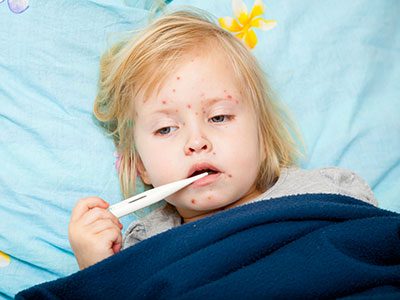

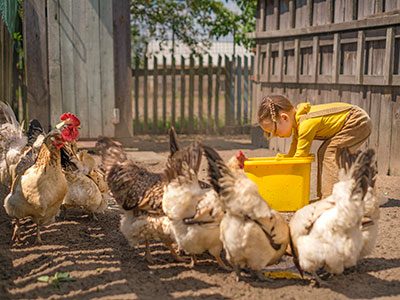

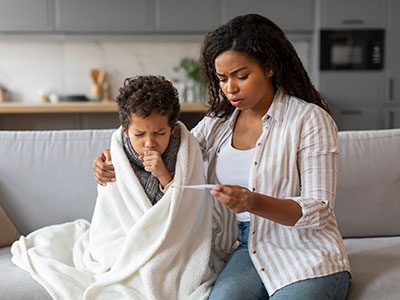
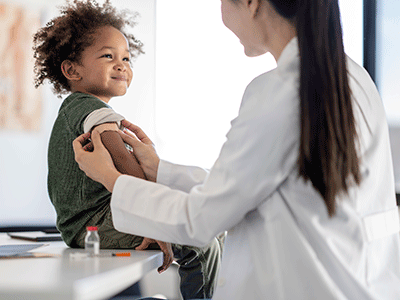
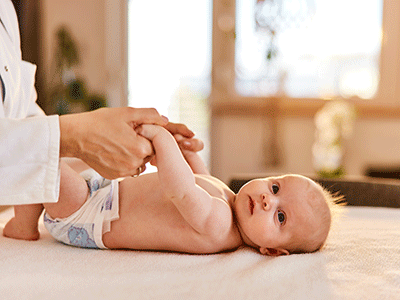

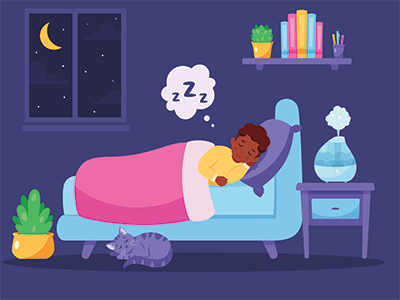
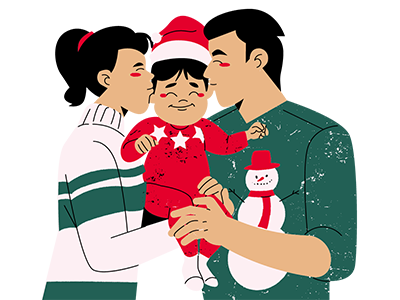
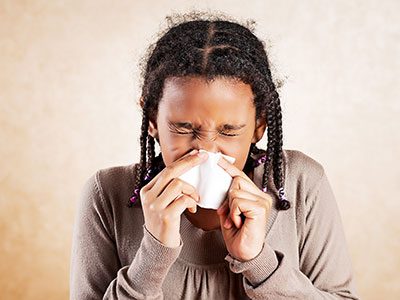
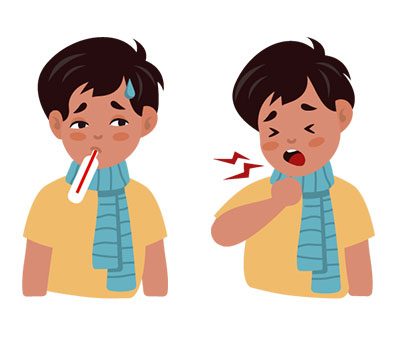
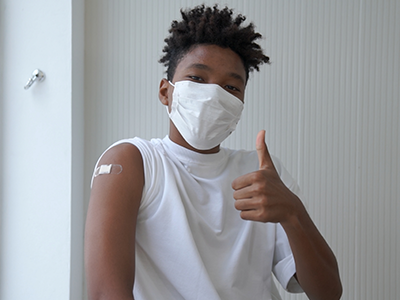
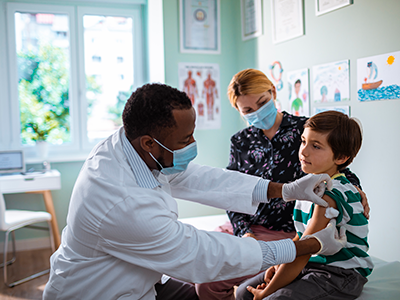
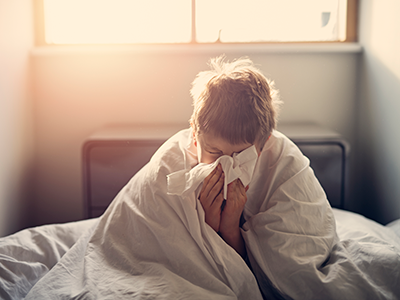
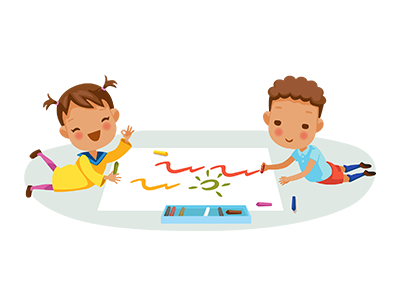
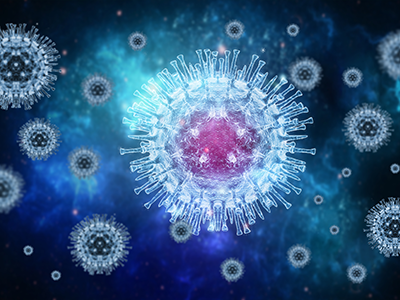
Leave a Comment
Want to join the discussion?Feel free to contribute!